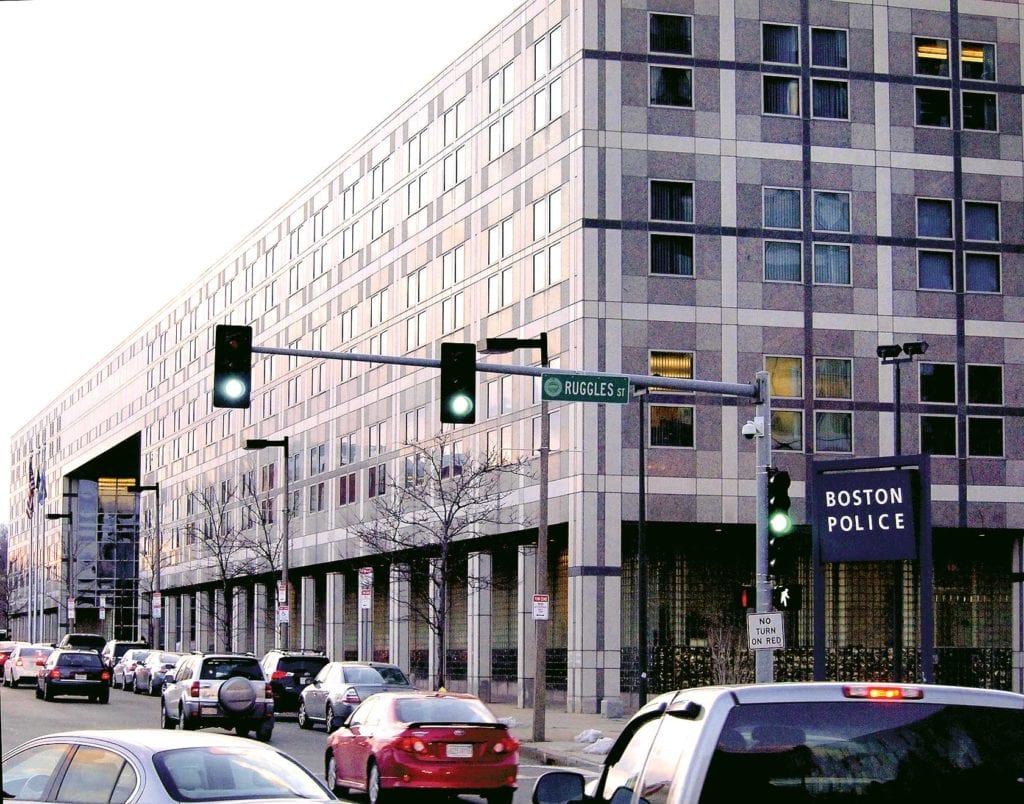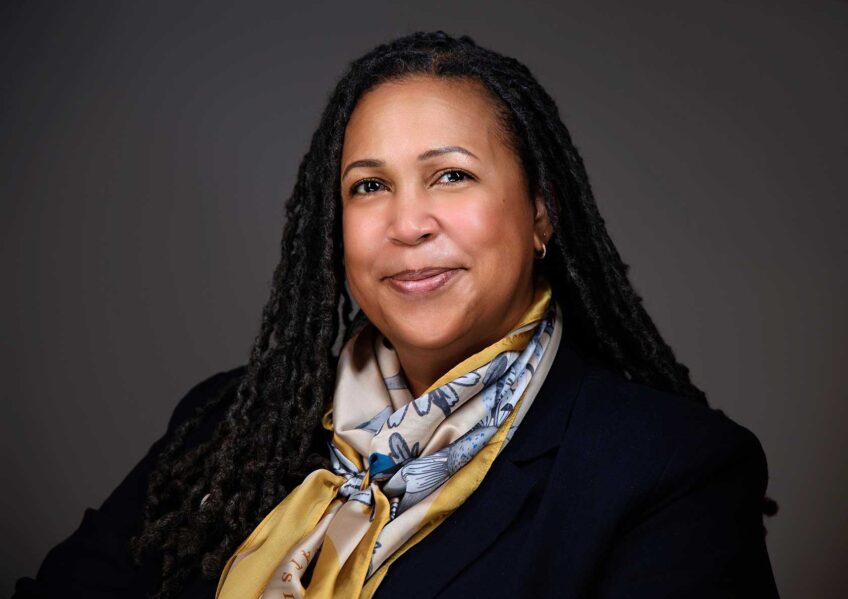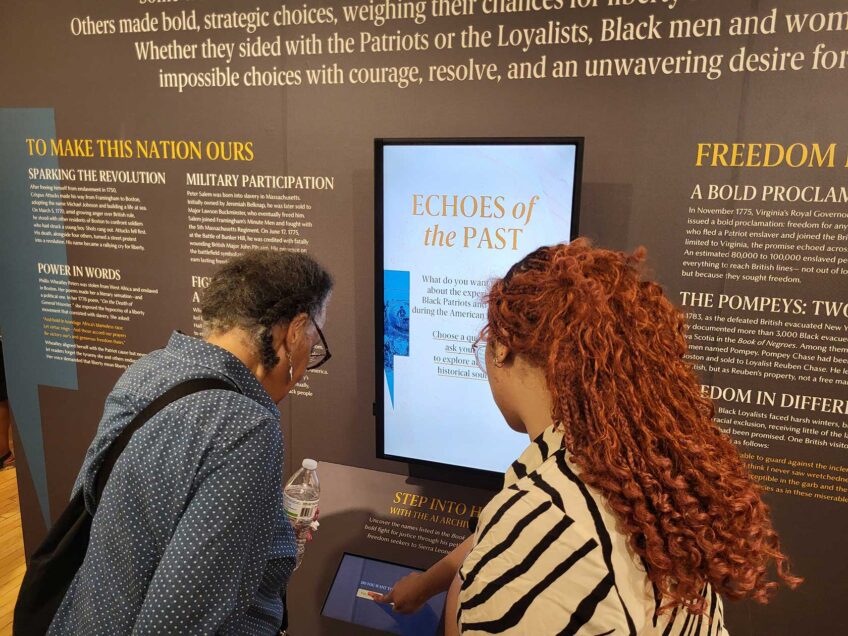SJC rules against BPD’s hair test use
Ruling is latest setback for BPD, controversial drug test company

The state’s Supreme Judicial Court last week ruled that the Boston Police Department could not bypass a recruit for hiring based solely on a hair test that found traces of cocaine in recruit Michael Gannon’s hair.
The court affirmed a Civil Service Commission ruling that the Psychemedics hair drug test was “not enough to sustain the department’s burden of proving by a preponderance of the evidence that Gannon ingested cocaine.”
While Gannon is white, black officers filed suit against the police department in 2007 charging that the department’s use of the test by the firm Psychemedics, which purports to find evidence of drug use by detecting trace amounts of drugs in human hair, produces a disproportionate number of false positives in hair samples from African Americans. In spite of repeated rulings from the Civil Service Commission upholding the claims of black officers who say they were wrongly fired for false positives, the Boston Police Department continues to use the test.
Eddie Crispin, president of the Massachusetts Association of Minority Law Enforcement Officers, said he hopes the ruling in Gannon’s case causes the department to reconsider.
“I think it reinforces what the Civil Service Commission has already said,” he said. “The city and the Boston Police Department should replace the hair test. There’s ample evidence it’s unreliable.”
The Psychemedics testing regimen requires that hair samples taken from the head or body be thoroughly washed to get rid of traces of drugs that may enter the hair through environmental contamination, rather than through ingestion. Psychemedics claims that its method can prove whether drugs were ingested any time that a hair was growing.
“For our company, nothing is more important than knowing when we get a positive result on a test, it is accurate, reliable and above all fair to the individual being tested,” said Raymond Kubacki, chairman and chief executive officer at Psychemedics in a press statement. “No company invests the resources we do to ensure that positive results on a test indicate drug use rather than drug exposure. It is why our results have been trusted by thousands of clients in millions of tests over the past 30 years.”
The BPD began using Psychemedics drug tests in 1999.
Critics say African American hair in particular, because of its texture and because blacks are more likely to use oils and moisturizers, is susceptible to environmental contamination. In scientific tests, trace amounts of cocaine have been widely found in public places. In a 2011 study, researchers using surface swabbing found trace amounts of the drug on service station fuel pump buttons for credit card transactions, ATM machines, grocery store shopping carts, academic building entrance doors and shopping mall entrance/exit doors.
In 2007, seven black officers whose hair samples tested positive for cocaine filed a lawsuit against the BPD, challenging the use of the hair test. Although the department tested for cocaine, opiates, marijuana, PCP and amphetamines, the only drug for which any of the seven tested positive was cocaine.
In the first seven years of hair testing at BPD, black officers tested positive for cocaine at a rate of 1.3 percent, while white officers tested positive at just 0.3 percent.
The black BPD officers are not the first to raise concerns about the use of the test. In 2008, the federal department of Health and Human Services ceased using the test, citing concerns about its reliability.
There are currently 10 officers represented in the lawsuit against the BPD, filed by Lawyers for Civil Rights. While the Civil Service Commission has found in favor of six of the officers in rulings upheld by state appeals court rulings, attorneys representing the city of Boston have repeatedly appealed the decisions, racking up legal bills in the millions of dollars.
In 2017, attorneys for the city filed a lawsuit against Psychemedics, arguing the firm should be liable in the event BPD is found liable for damages to the officers who have sued over use of the test. Psychemedics filed its own lawsuit in Suffolk Superior Court, seeking a judgement against the city.
In its suit against the city, Psychemedics notes that the city is still using the test and continues to argue in court that the test is “accurate and reliable.”
Crispin said the city’s willingness to use a test so widely seen as inaccurate is disturbing.
“I don’t even drink,” he said “But every year when I take the hair test, I’m nervous about what the outcome will be. There are a substantial number of white officers who are nervous, too. I think that speaks volumes to the problems with the hair test.”







